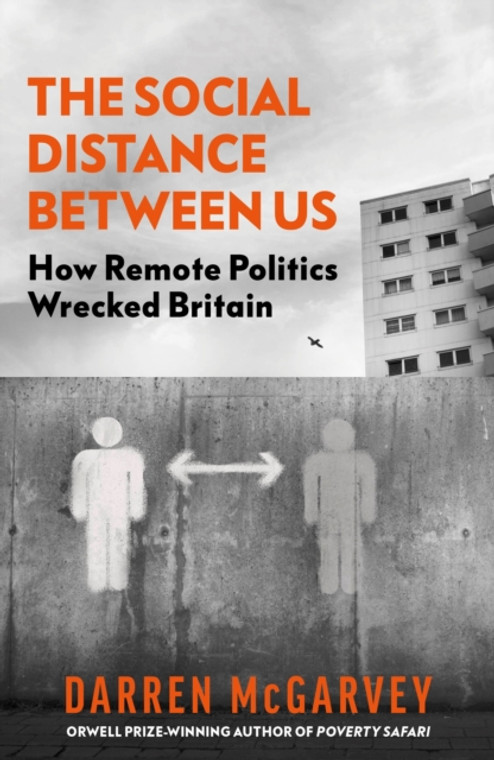
Britain is in a long-distance relationship with reality. A ravine cuts through Britain, partitioning the powerful from the powerless, the vocal from the voiceless, the fortunate from those too often forgotten. This distance dictates how we identify and relate to society's biggest issues - from homelessness and poverty to policing and overrun prisons - ultimately determining how, and whether, we strive to resolve them.
So why, for generations, has a select group of people with very limited experience of social inequality been charged with discussing and debating it?I've sat on cold pavements with beggars, asking them why they would rather wander the streets than live in supported accommodation. I've pleaded with alcoholics to give sobriety one last shot before they end up dead - and read their obituaries in the paper weeks later. I've sat with youth workers at their wits end as diversionary services are cut amid a surge in gang and knife violence.
Too many people remain so far from this nightmarish social reality that even when they would earnestly wish to bring about change, they don't know where to start. So start here. Praise for Darren McGarvey:'The standout, authentic voice of a generation' Herald'Utterly compelling' Ian Rankin, New Statesman'Brilliant' Russell Brand'An absolutely fascinating individual' Owen Jones'Offer[s] an antidote to populist anger that transcends left and right...
articulate and emotional' Financial Times'McGarvey is a rarity: a working-class writer who has fought to make the middle-class world hear what he has to say' Nick Cohen, Guardian






